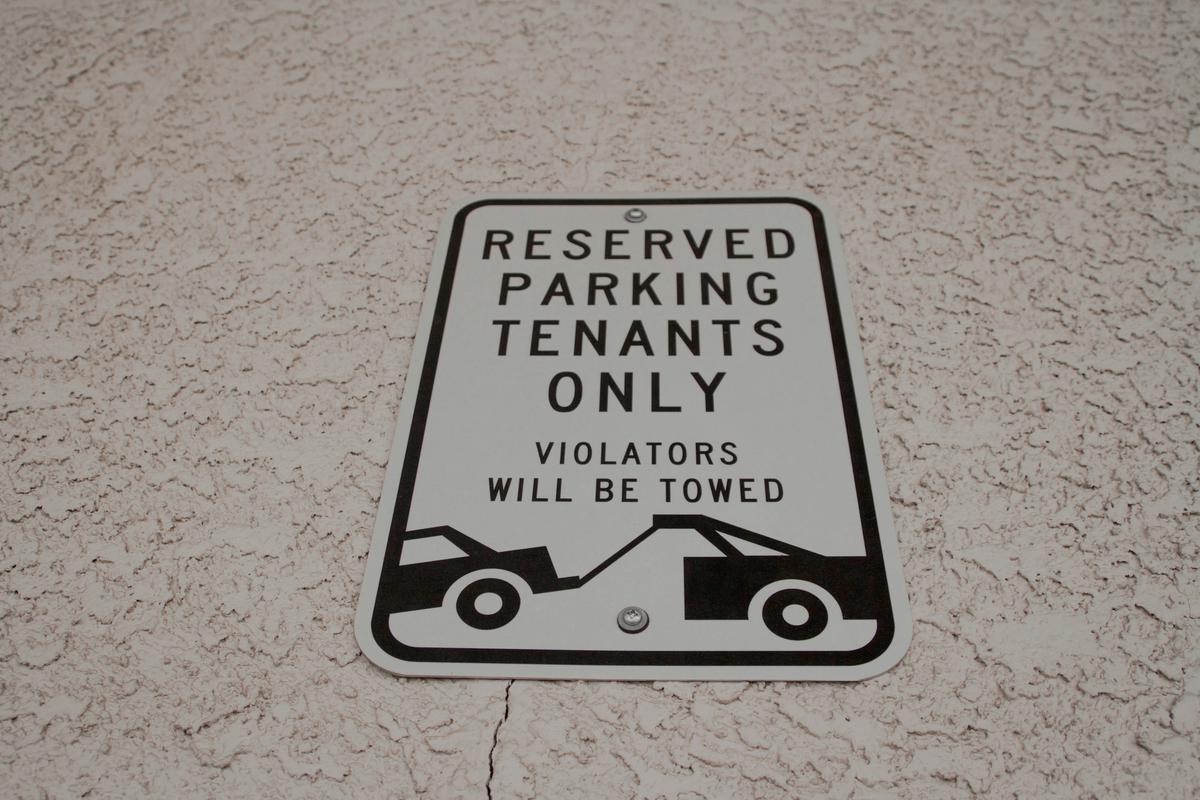Managing a property involves various challenges, with rent arrears being a significant one that requires immediate attention. This article aims to shed light on the steps and considerations involved in handling late rent payments effectively. From initial reminders to legal implications and ensuring tenants' rights, we explore the strategies that can help maintain a harmonious landlord-tenant relationship while safeguarding the interests of both parties.
Understanding Rent Arrears
When tenants fail to pay their rent on time, it becomes a concern for both the property manager and the landlord. This situation initiates a series of administrative procedures designed to remediate the arrears and return to a regular payment schedule. Property managers must act swiftly and appropriately in these instances. Initial steps often involve sending reminders or notices to the tenants about their overdue rent while maintaining open communication. This ensures tenants are aware of their financial responsibilities and the potential consequences of their delayed payments.
Navigating through rent arrears requires a delicate balance that professional property management can provide. Implementing proactive measures such as setting up automatic payments or offering various payment methods can significantly reduce the frequency of late payments.1 Understanding the underlying reasons for the delayed rent – whether it's a temporary financial setback or a chronic issue – allows for customized solutions that could include:
- Restructuring payment schedules
- Seeking financial assistance programs for tenants
Managing rent arrears effectively involves prompt action, clear communication, and collaboration between tenants and property management, ensuring that the leasing agreement is respected and both parties' interests are protected.

Choosing a Collection Agency
When initial attempts at resolving rent arrears have proven unsuccessful, considering the expertise of a collection agency may be necessary. Choosing the right collection agency requires careful consideration to ensure a fair, efficient, and lawful recovery process. The agency's track record should be thoroughly reviewed, focusing on:
- Success rates
- Strategies used
- Feedback from previous clients, especially those in the real estate industry
This diligent approach ensures that the selected agency aligns with your values regarding ethical practices and effectiveness.
It's crucial to verify the collection agency's familiarity with state and federal laws surrounding debt collection. A skilled agency should effortlessly navigate the complex landscape of legal requirements, protecting your standing from potential legal pitfalls.2 Assessing an agency's technological tools and strategies for tracing, contacting, and negotiating with tenants provides insight into their efficiency and modernity. By considering these aspects, selecting the appropriate collection agency becomes a more manageable task. The urgency to recoup financial losses should be balanced with a commitment to thoroughness and integrity, ensuring a resolution that respects both the property management's and tenants' rights.

Legal Process and Tenant Rights
Understanding the legal aspects and ensuring tenants' rights are upheld are crucial when managing rental properties. Laws governing rental properties vary by state and set clear boundaries on landlords' actions. For example, before entering a tenant's property, a landlord must provide notice within a timeframe specified by local laws, respecting the tenant's right to privacy and emphasizing the importance of transparency in landlord-tenant relations.3 Eviction laws meticulously outline the circumstances under which a tenant can be legally removed from a property, and landlords must adhere strictly to these guidelines to avoid allegations of wrongful eviction.
Tenants have the right to a habitable living environment, obligating landlords to maintain properties to a specific standard. Failing to address essential repairs that affect the property's habitability can put landlords at risk of legal repercussions and compromise tenants' safety and well-being. Security deposit laws dictate how these funds should be handled:
- Holding them in an appropriate account
- Itemizing and returning them within a legally defined period after tenancy has ended
For landlords and property managers, being well-versed in these legal matters and implementing a tenant-first approach fosters trust and respect in the landlord-tenant relationship and insulates against potential legal disputes. Ensuring compliance with these regulations creates a structured, fair foundation for managing rental properties and upholding the rights and responsibilities of all involved parties.

Photo by neonbrand on Unsplash
Effective property management hinges on prompt action, clear communication, and respect for legal boundaries when addressing rent arrears, selecting collection agencies, and understanding legal processes and tenant rights. By adopting these practices, landlords and property managers can create a stable environment that addresses financial concerns promptly while fostering trust and respect between tenants and landlords. It's about striking a balance where financial obligations are met without compromising on fairness or empathy towards tenants' situations.
- Hatch, R. The Importance of Automated Rent Payments in Property Management. Journal of Property Management. 2019;84(3):22-25.
- Stevens, L. Navigating Legal Compliance in Debt Collection for Property Managers. Real Estate Law Journal. 2020;49(2):105-117.
- Grinberg, A. Balancing Tenant Rights and Landlord Responsibilities in Rental Properties. Housing Policy Debate. 2021;31(1):75-89.
